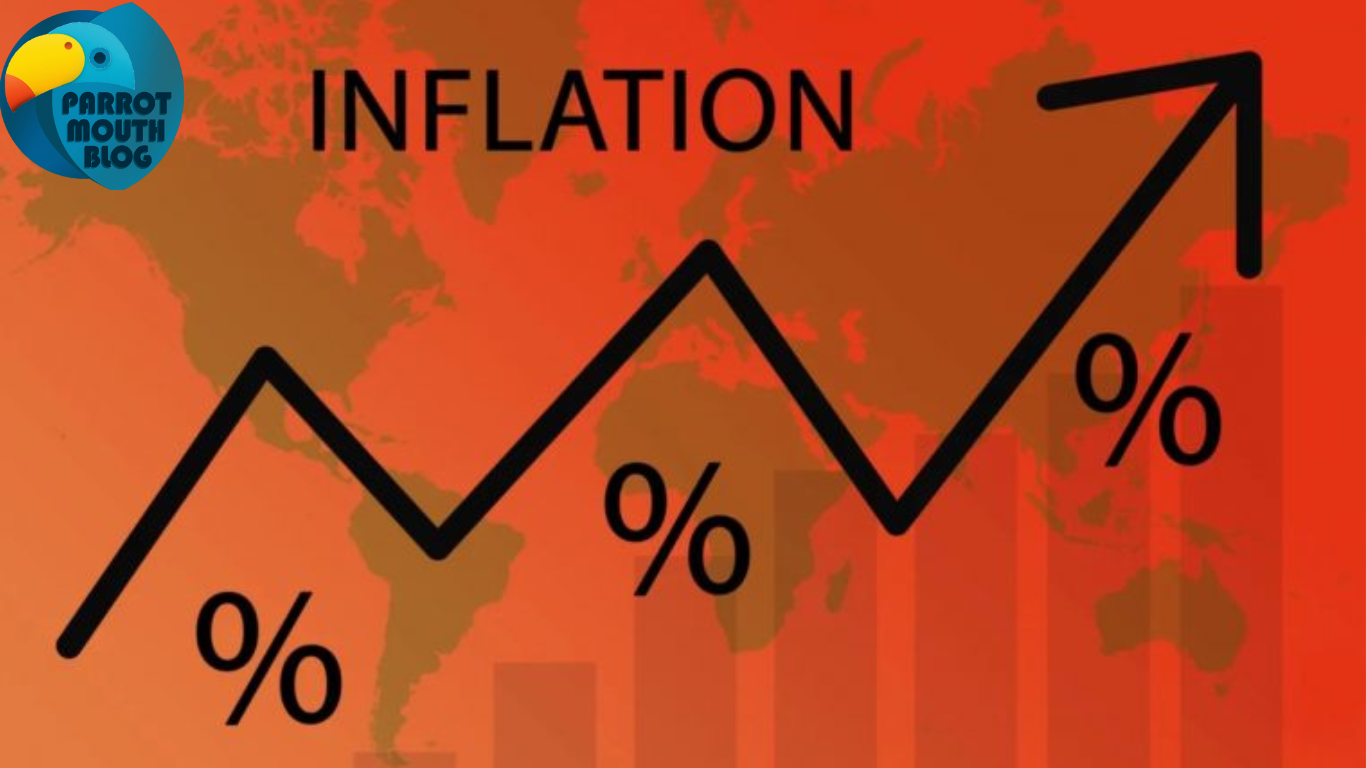Following the recent rebasing of Nigeria’s Gross Domestic Product (GDP), during which the economy size rose to ₦372.82 trillion in 2024, the nation’s stakeholders have called on the federal government to shift focus from statistical success to sustainable, inclusive economic growth.
The National Bureau of Statistics (NBS) changed the base year for the GDP data from 2010 to 2019, with a 41.7% revision higher for Nigeria’s estimate of 2019 GDP and a signal of 3.13% year-on-year real GDP growth in Q1 2025. The services sector and industrial sector were noted as major impetuses of growth.
Despite the improved figures, the Lagos Chamber of Commerce and Industry (LCCI), labour bodies, and economists have feared that the GDP growth has not raised the living standards for most Nigerians. Issues such as inflation, poverty, unemployment, and inadequate infrastructure continue to weigh on citizens.
LCCI President Gabriel Idahosa underscored stabilizing the naira, raising non-oil exports, domestic production, and enabling MSMEs. He also called for interventions on food security, employment, skill acquisition, and policy implementation in openness to engender citizens’ confidence.
Labour leaders Comrades Jimoh Oyibo (FOBTOB) and Garba Ibrahim (NUFBTE) dismissed celebrating rebased numbers, warning that it is distracting from the harsh realities of inflation, hunger, infrastructural collapse, and mass underemployment. Oyibo condemned the disconnect between inflated GDP figures and degrading standard of living, stating that the figures mean nothing to Nigerians struggling to make ends meet.
Conversely, Johnson Chukwu, Chief Executive Officer at Cowry Assets Management, highlighted the need for increased government revenues under the new tax regime. He warned that increasing revenue is a prerequisite for Nigeria being able to better service its debt even if the GDP rises.
In general, stakeholders agreed that real progress will only be realized when the government tackles fundamental issues currency stability, infrastructure, inflation of food, and employment creation so that growth figures translate into benefits for the people.







